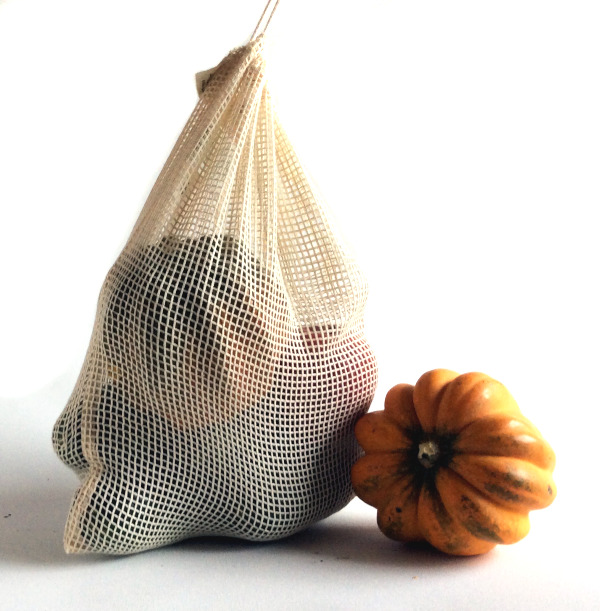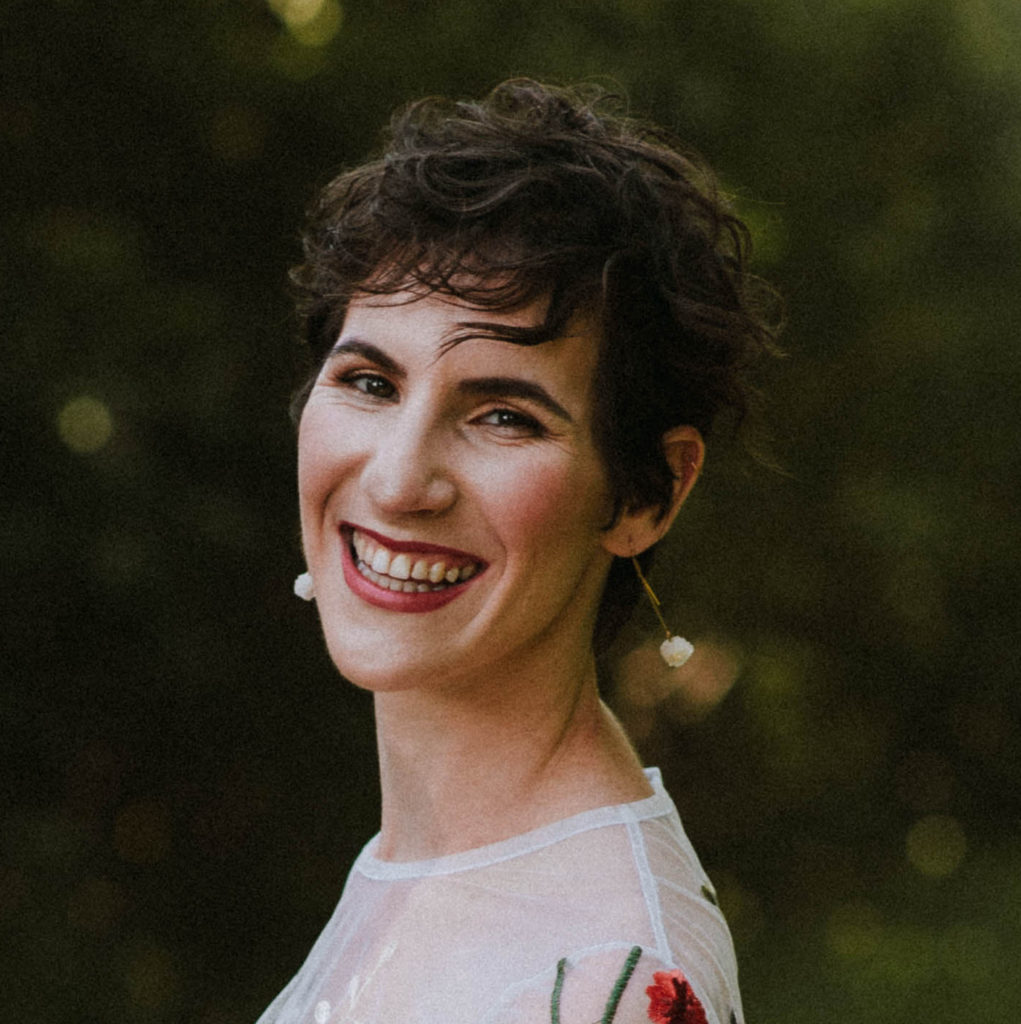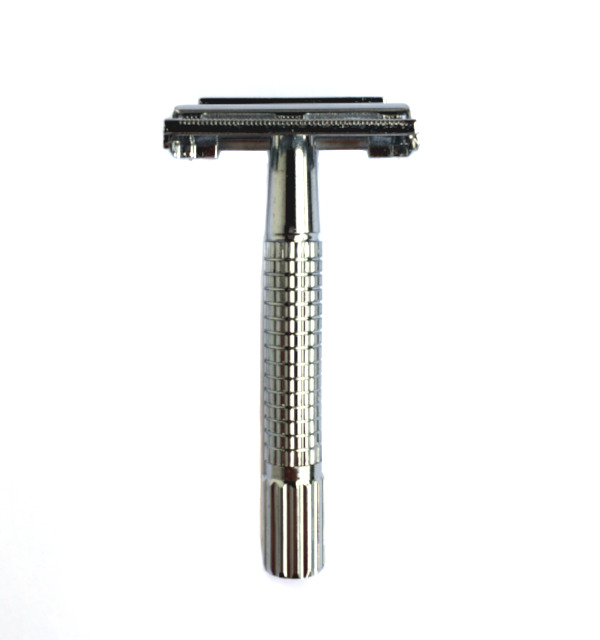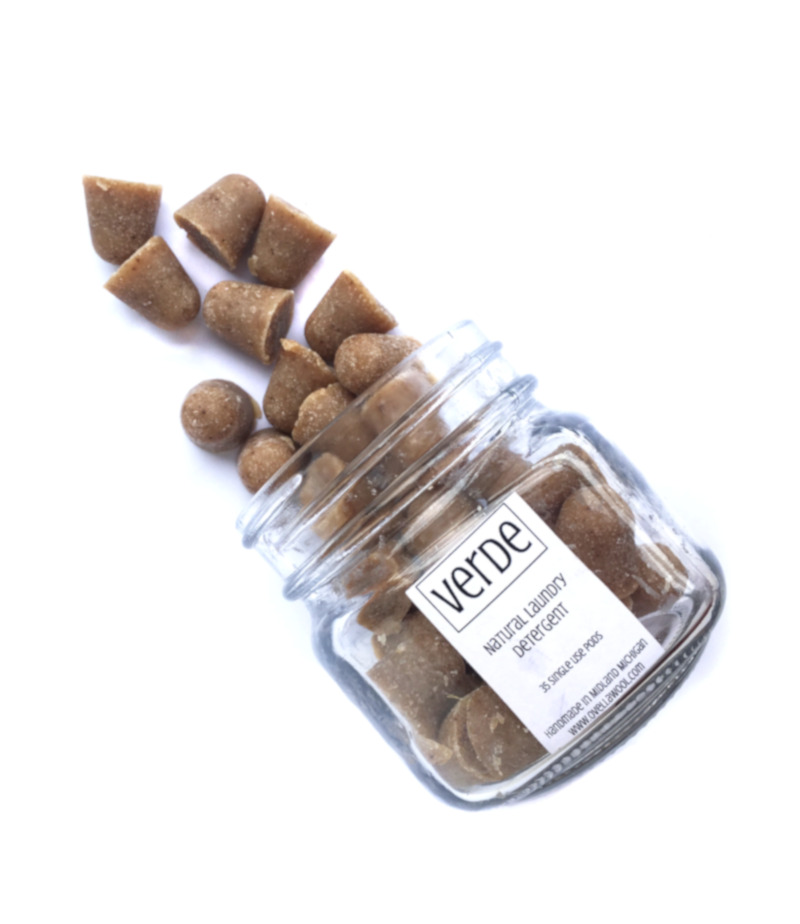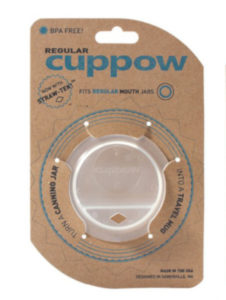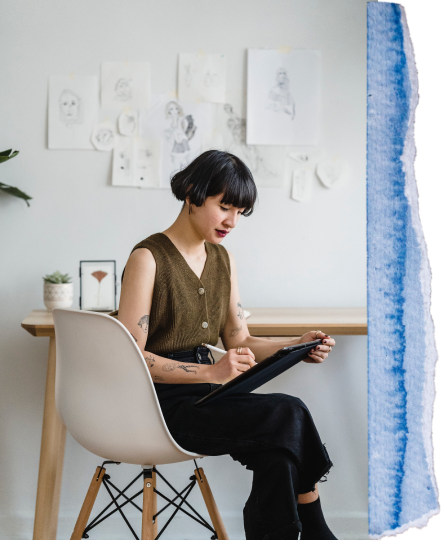What makes Green Life Trading Co. different than other zero waste stores out there?
Sasha: One thing that I’m really trying to do, and I think I’ll be able to do it more as I grow, is to source as locally as possible. When I look at a lot of other zero waste stores, they have awesome products that I also want, but they’re made in China, made in Australia, made in California. So when I am sourcing products, I start with Wisconsin and I see what I can find. Sometimes I can’t find anything and then I go to Michigan, Minnesota, Midwest and I go out from there. I’m only working with one company from China and they do everything ethically there. So there’s the hyper local aspect.
The other thing I’ve done was purchase carbon offsets, not just for all our shipping, but for all of our operations. Not that carbon offsets are a perfect solution, but at least when you order from us you can feel a little less guilty about the shipping. One of the big things that concerned me about an online store was shipping boxes for all the things that we’re creating to go “zero waste”. That was something I needed to consider for myself and for the business. We have carbon offsets for our home, so it was really easy then to just expand that to the business. All of our boxes, all of our packaging, everything is post-consumer. We’re not buying anything new. I go to my local UPS Store once a week and I pick up all the boxes that their customers were going to throw away or recycle.
For me, this is not all about sales either, the community aspect is what really inspires me. I am so thrilled to be part of the growing zero waste community in Madison. I love how grassroots it is, we’re not a non-profit, no one is paid, we’re just a group of people trying to connect and spread a way of living that is kinder to the environment. The Facebook group (Zero Waste Madison) has been an amazing resource and I can’t wait for the two events we currently have scheduled (a Housewares Swap on Oct 20th and a Recycling Workshop on Nov. 15th) and the many more we have been brainstorming.


